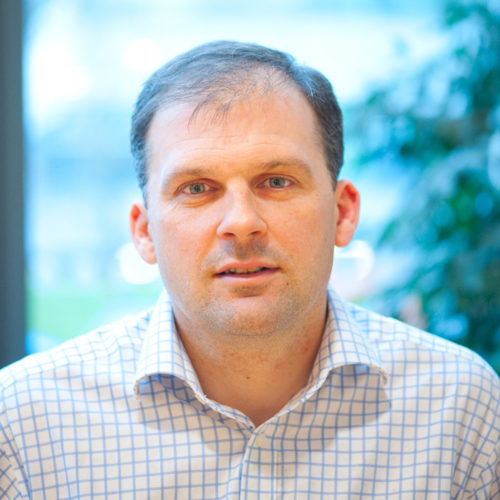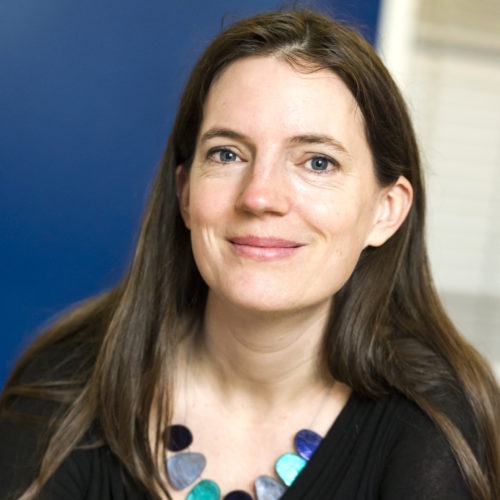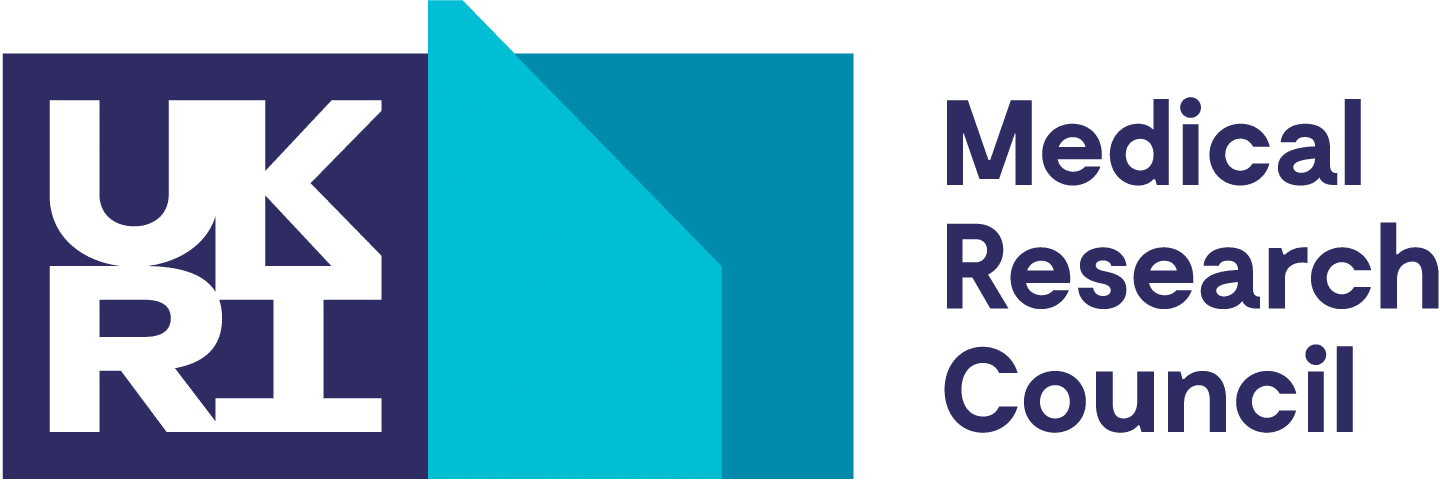Home > About Us > Our background > Acellular (smart material) approaches for therapeutic delivery > Our Research Team > University of Nottingham: Dr Derfogail Delcassian
 Derfogail is currently an EPSRC E-TERM Landscape Fellow based jointly between the University of Nottingham and MIT. Her research focuses on designing immunomodulatory biomaterials, which she uses to direct adaptive and innate immune cell behaviour in a range of applications. Her current focus is on designing immunomodulation therapies for chronic auto-immune disorders, cancer and modification of the transplant niche. Within tissue engineering and regenerative medicine, she focuses on using materials to provide specific soluble, physical and nano-scale cues to immune cells, in order to direct their activation and differentiation in vivo.
Derfogail is currently an EPSRC E-TERM Landscape Fellow based jointly between the University of Nottingham and MIT. Her research focuses on designing immunomodulatory biomaterials, which she uses to direct adaptive and innate immune cell behaviour in a range of applications. Her current focus is on designing immunomodulation therapies for chronic auto-immune disorders, cancer and modification of the transplant niche. Within tissue engineering and regenerative medicine, she focuses on using materials to provide specific soluble, physical and nano-scale cues to immune cells, in order to direct their activation and differentiation in vivo.
Previously, Derfogail completed her undergraduate MChem degree at the University of York, before working in industry as a Research and Development Chemist with GSK. She then studied for her PhD at Imperial College London under the supervision of Dr. Iain Dunlop and Prof. Molly Stevens, before undertaking an EPSRC Post-Doctoral Prize Fellowship at Imperial. In addition to her Fellowships, Derfogail has won several national and international grants and prizes (Biomaterials Gordon Research Conference Prize 2015, Materials Research Symposium Prize 2014) and has submitted patent applications based on her research. Within her current Fellowship, Derfogail is collaborating with both the Acellular and Immunomodulatory Hubs to design new immunomodulatory materials for TERM therapies.









